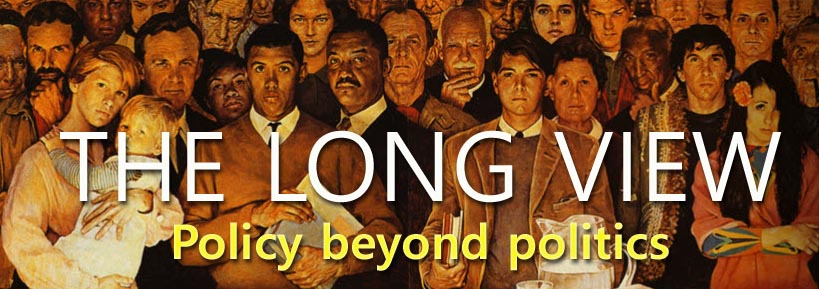A global pandemic that started largely unnoticed in China has taken over the entire world and all the forecasts with it.
What was underestimated as a new version of SARS has shown more like the deadly 1918 Spanish Flu
World wars and globalization operate in both cases as channels that spread the virus fast and below the radar.
The "Spanish flu" didn't actually start in Spain, but was first reported there because it was the only country that had not censored news. In the case of China, this worked exactly in reverse, because the new virus became epidemic in a country under rigid press censorship since 1949.
China had many reasons not to report the epidemic early, mostly economic, because its economy is heavily dependent on exports. And exports they did.
Flights, conferences and cargo continued to flow even when the city of Wuhan -whose wildlife meat markets allowed the virus to jump from animals to humans- was closed during a first outbreak while all information was censored by the CCP. Nobody knows how many people actually died in Wuhan to this day.
Facing the pandemic, The Economist defined two courses of action:
1. Suppression
China operated in the same manner that caused this and other SARS-like outbreaks: using the absolute power that dictatorships have to censor to also close the city and accesses and let people trapped inside to make sure there was not possibility of spread.
That stopped the diffusion but only temporarily. Once the locks are relaxed, the cases spike up again because those who weren't exposed to the virus can't develop defenses against it.
In addition, if it's not possible to "seal out" cities for more than 3 or 4 months like China did, once the virus "left the barn" it continues to spread. Most EU countries have such dense and close cities that it's almost impossible to do what China did with Wuhan.
Finally, suppression also presents the additional challenge of economics: it creates a cascade of paralysis in vital value chains and critical supply and demand.
2. Mitigation:
South Korea and Singapore used massive and quick testing to detect and isolate the infected, stalling successfully the spread without massive economic paralysis. Once again, this requires a rare combination of tests availability and organized action, much easier in these two countries that in larger ones.
Mitigation might not stall the economy immediately, but it might overwhelm healthcare resources between 6 to 8-fold their capacity to treat the infected.
US has been oscillating between 1 and 2, with a Federal government leaning towards the second and large states and cities like those in California and New York trying to follow the the first approach.
US's federalist, decentralized and non-universally covered healthcare and "divided government" type of governance makes the country extremely difficult to work without resorting to special executive powers such as those vested to POTUS during world wars and the Great Depression.
